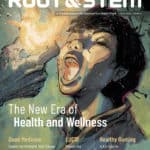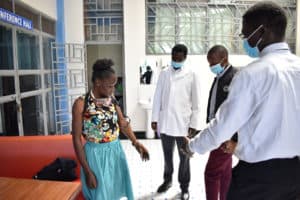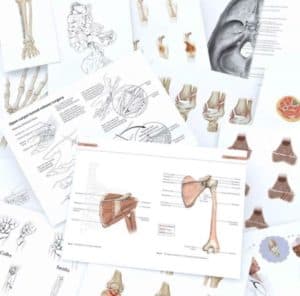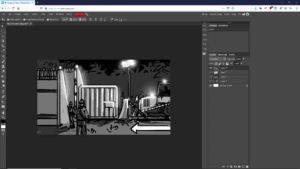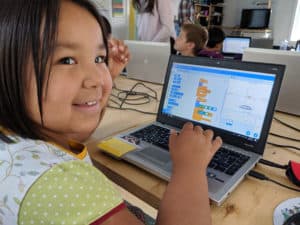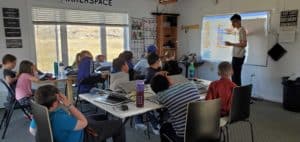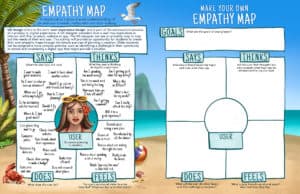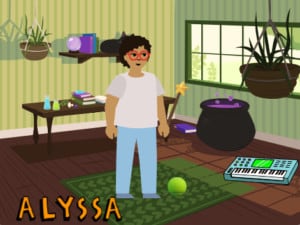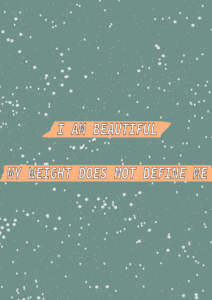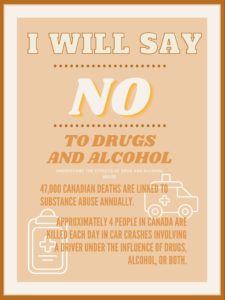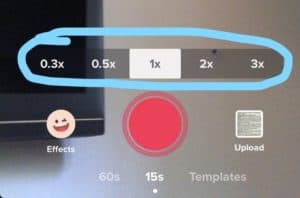The second issue of Root & STEM features innovators whose projects are challenging established ideas about the role technology plays in keeping us healthy. Our communities are filled with those who inspire us to use technology in new and meaningful ways.
Letter from the Publisher
The new era of health and wellness
In March 2020, just as we were beginning to put together our Health & Wellness issue, the world changed. It didn’t take long to see just how far-reaching the effects of COVID-19 would be on every aspect of our lives, including education. With schools closed across the country, the importance of digital delivery gained new urgency. Remote work became the norm, but for anyone with kids at home, it was clear from the outset that juggling work and family time while stuck inside would present major challenges. As educators, we were forced to rethink how to use technology in meaningful ways that help keep communities safe, healthy and engaged.
As with so many other things, the meaning of health and wellness has gained new dimensions during the pandemic. On top of the immediate biological threat, the WHO is concerned about a potential wave of mental health repercussions due to elevated levels of stress and anxiety. Increasingly, educators will be asked to play the role of steward and counsellor, in addition to fulfilling their customary task of sharing knowledge.
Rising to the challenge means using both heart and head to adapt to new ways of caring for one another. Maybe that means wearing a mask. Maybe it means downloading a contact-tracing app onto your phone. Surely, our response to this changed world will require both technological innovation and a renewed commitment to our collective health. COVID-19 has underlined both how digitally connected we are as a society and how deeply human health is rooted in the well-being of the planet and the natural environment. It has highlighted structural inequities that are built into our systems, and which must be addressed. It has shown us the need for new kinds of leaders.
This issue of Root & STEM introduces a number of innovators whose projects are challenging established ideas about how the role technology plays in keeping us healthy. We take a look at a B.C.-based project that is forging new ways to make and distribute prosthetic devices. We meet a company that’s using music and machine learning to develop safe mental health treatment that is accessible on a smartphone. We hear from a former Pinnguaq intern about how makerspaces are providing space to share knowledge and understanding in the North. We are proud to feature a new, original comic by Richard Van Camp and Kyle Charles—a beautiful, personal story reflecting on the kinds of medicine that are rejuvenating for body and soul. And at the end of the magazine, you’ll find more than ten tear-out pages of practical resources for educators. This issue, the focus is on using digital tools to explore both the positive and negative impacts of digital media, as well on inviting students to explore issues surrounding wellness and identity.
We hope these stories will inspire and empower students to be digital creators and innovators whose unique ideas can help us find different ways to imagine the world. The path forward will not be simple. For every workaround offered by technology, there are new impacts on us as users. As the world changes, we must be willing to adapt, see issues from new and different perspectives, and—most importantly—to keep humans and nature at the centre of conversations about tech.
– Ryan Oliver
Featured Content
Below is a collection of stories, activities, comics, and lesson plans featured in the second issue of Root & STEM.
